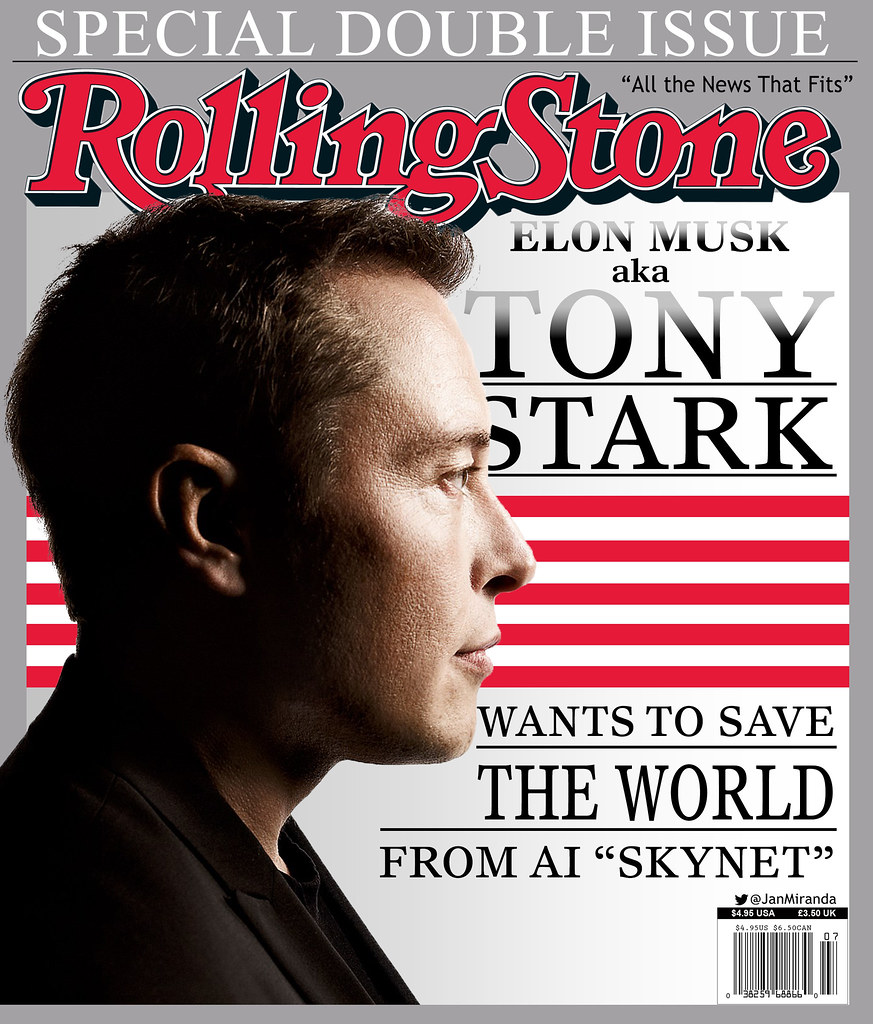Still waiting for an answer to the original question ...
OK, another attempt to answer. The question itself makes no sense if you actually understand what the Paris agreement actually says. It's close to asking why the Treaty of Versailles doesn't allow us to have pizza on Thursday. The stories that support these claims have little or no basis in fact. Trump would call this sort of thing s trusted news source, but those of us who live in consensual reality based on provable facts call it fake news.
John Oliver deconstructed Donald Trump's claims related to this on his show this week:
If you don't believe his claims about man made global warming, that's fine, just look at where he deconstructs Trump's claims. He says it better than I can.
In short
1) The US is only committed to providing $3 billion for the fund. No more. Of those countries that have committed to the fund, the US's contribution is 11th largest per capita, though the largest overall to this point. The US also has the largest economy in the world as well as one of the world's biggest populations.
2) Each country sets their own internal goals to meet the targets laid out in the accord and the word "coal" is not in the accord.
3) China has been investing heavily in clean energy technologies because even if they don't believe in man made climate change, they can't deny burning as much coal as they have is making life miserably for almost everyone in the country (including the super rich and party leaders) and it is destroying the health of their population.
4) There is no mechanism for penalties on countries that do not meet their goals. The only remedy for a country that is not doing their part is to try and shame them into compliance.
He did get one fact wrong: He quoted a politician who said the reason the Earth gets warm is it gets closer to the sun for part of the year. That is untrue. The Earth's orbit is not perfectly circular, but it is very close to circular. The reason we have seasons is the tilt of the Earth, not variations in distance to the sun. Around this time of the year, the tilt of the Earth points the north pole as much towards the sun as it can get, which makes the days longer in the northern hemisphere, and makes the days 24 hours long at very high latitudes. The extra sunlight warms the northern hemisphere and we have summer for a few months after these very long days. The opposite happens in December.
And another point that counters the argument that this agreement would harm the US. Whenever there has been a concerted effort to develop a new technology, whether from private funding or government initiative, it has almost always borne massive economic benefits for the entire country. When the government kicks in incentives to help evolve new technologies, it usually speeds up the development and adoption of the new tech and brings back the benefits from the investment faster.
We are just now beginning to see the benefits of alternative energy technologies. Hydro has been a cheap form of renewable energy for some time, but it is limited to places where you can build dams and you only get power when water is flowing. It's not great in places prone to drought. The incentives over the last few years from both governments and private business interests have dramatically lowered the price and availability of wind and solar power. The other disadvantage of the last two is they are inconstant power sources which rely on an energy source that we can't control. However, the advancements in energy storage for wind and solar are coming along and Tesla Energy is just the tip of a huge iceberg industry that is about to burst onto the scene.
The only losers in the new economy with the new tech are those who have lashed their fate to the old technology. In this case, the owners of the old technologies still have a lot of money and they are spending some of it on astroturf campaigns and fake news to try and scare people away from something that will benefit everyone but the old industries, whether human produced CO2 is dramatically affecting the climate or not.
When the facts and history are examined, the benefits for the US for participating in the Paris accord have a potential to be great, and the downsides amount to change lost in the couch. Some Americans may be hurt in industries that have relatively small employment and in some cases that employment has been declining for decades already. Some billionaires who donate heavily to certain candidates might lose their fortunes, and that's why this is even a debate in the first place.
You're question can't be answered straight up because you can't answer a question based on an irrational premise, the only rational answer is to debunk the question.



